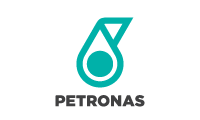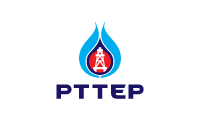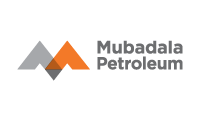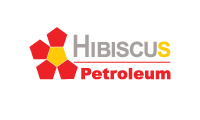Panel Session 8: Automation and Remote Operations: Safety and Efficiency
The automation and remote operations environment has taken the world by storm. It is just a matter of time that automation and remote operations will be a major part of the industry. However, the speed of adopting automation and remote operations in the oil and gas sector seems to be at a slower pace compared to other industries, such as shipping, aviation, logistics and automotive.
Automation and remote operations improve the safety of personnel onboard through intelligent hazard identification, AI red zones hazard monitoring, manpower reduction that leads to less human intervention, and better solution recommendations based on existing populated data. Automation and remote operations also improve operational efficiency through dynamic automated corrective actions to prevent certain problems from becoming more serious.
The slow adoption of automation and remote operations in the oil and gas sector could have been contributed to the economic bottom line; however, a cultural change seems to be more accurate. The sector is comfortable with the old ways and not agile enough to adopt to change to these new territories. Few which have adopted to automation and remote operations have seen safety improvements and cost reduction, spurring many companies to be more open to testing these new territories.
This session will discuss the benefits of automation and remote operations in detail and what it takes to speed up the adaptation of these technologies in the oil and gas sector.
 OTC ASIA 2022
OTC ASIA 2022














